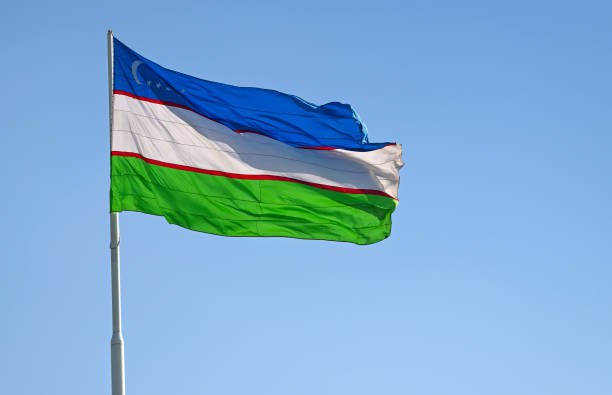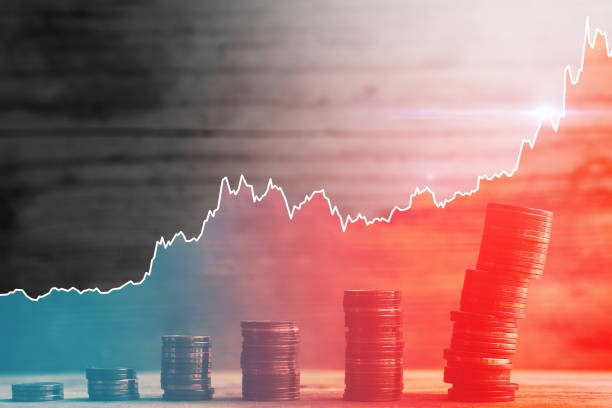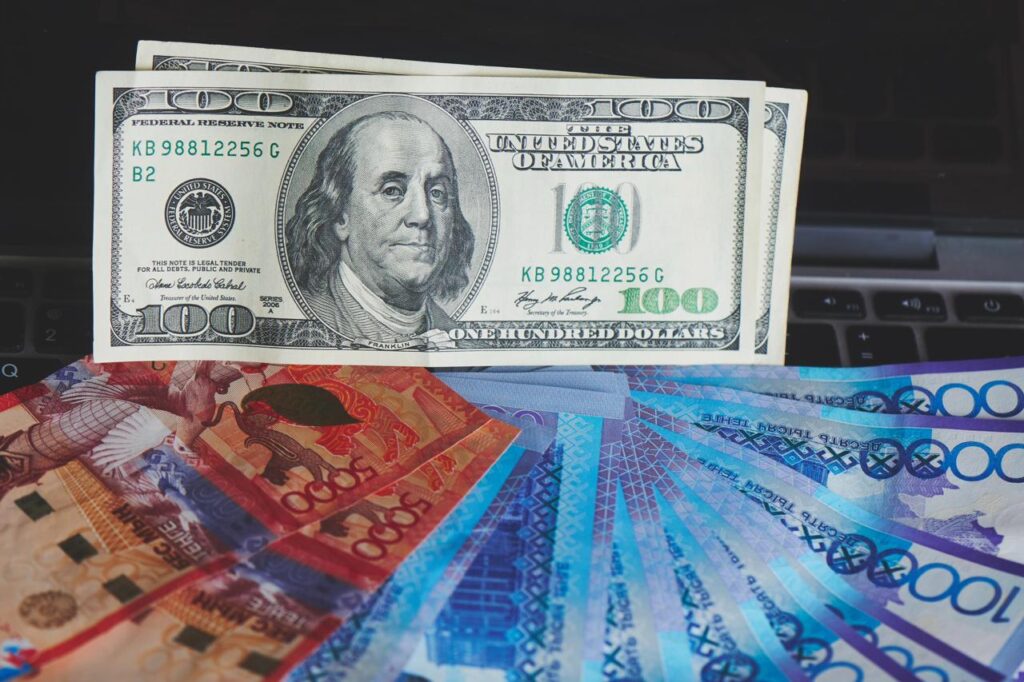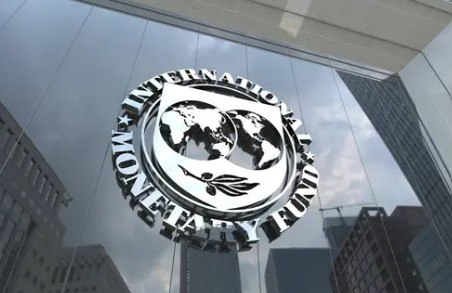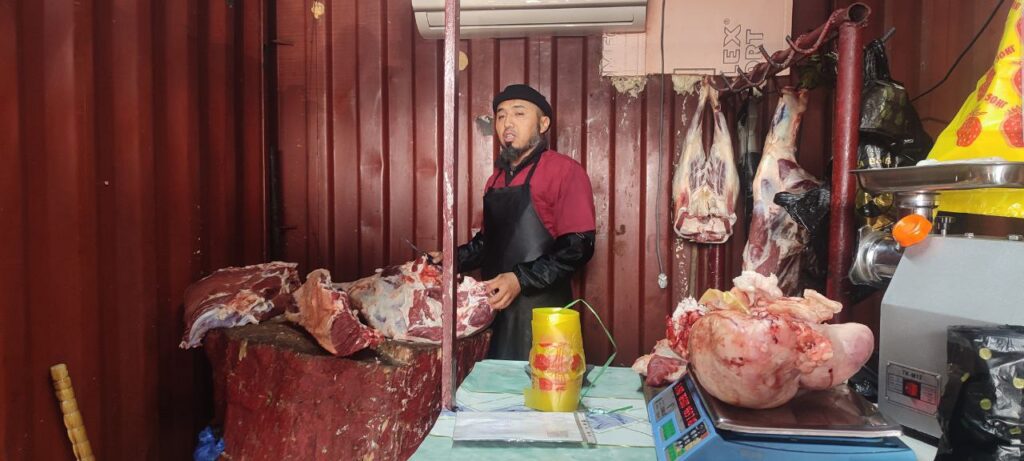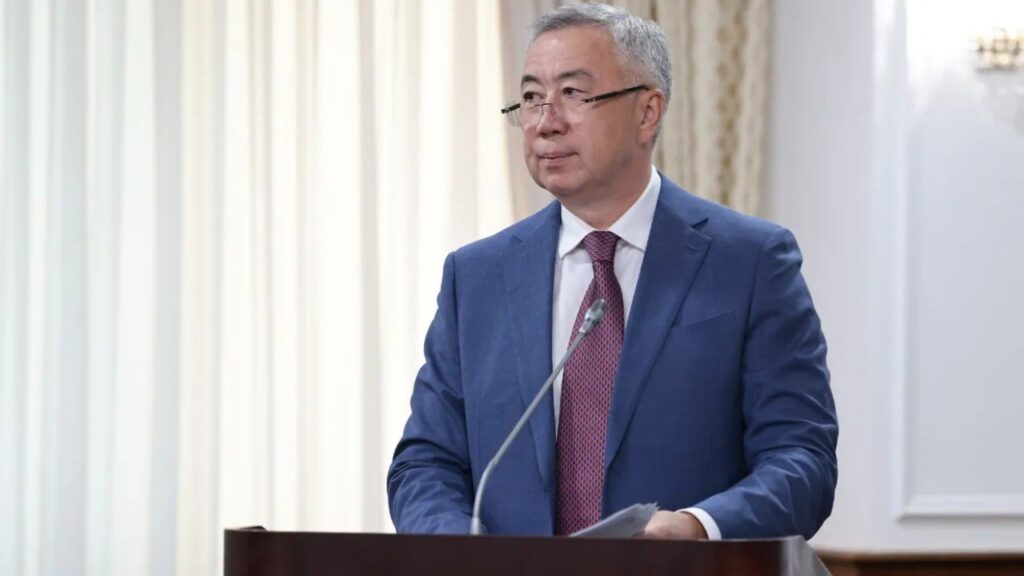Over the past two decades, the gross domestic product (GDP) of Central Asia has grown fourfold in real terms and sevenfold in nominal terms, according to Evgeny Vinokurov, Deputy Head of the Eurasian Development Bank (EDB).
Vinokurov highlighted significant improvements in the region’s economic landscape. Over the same period, population mobility has tripled, and incoming investments have surged by more than 17 times. Vinokurov emphasized that the last two years have underscored Central Asia’s status as an economically attractive and strategically important region.
Positioned at the heart of Eurasia, Central Asia boasts strong transport and transit potential, a growing consumer market, and expanding opportunities for investment. Despite external challenges, the region’s economies have displayed remarkable resilience, maintaining steady growth and weathering global shocks effectively.
Between 2022 and 2023, Central Asia’s economies grew at an average annual rate of 4.8%, significantly outpacing the global average of 3.4%. This makes the region’s growth rate 1.4 times faster than the global average. Vinokurov projected that Central Asia’s nominal GDP will surpass $500 billion in 2024.
Despite these achievements, Central Asia faces complex challenges that require regional collaboration. Key issues include:
— Lack of access to the sea: Geographical isolation limits trade and economic integration.
— Climate and environmental risks: These pose threats to sustainable development.
— Water and energy management: Disjointed policies among countries hinder efficiency and sustainability.
Vinokurov stressed the importance of joint efforts to address these challenges. Coordinated development of water and energy resources, renewable energy, and the Eurasian transport framework can yield cost-effective and efficient solutions.
Central Asia’s impressive economic growth over the past 20 years reflects its potential as a key economic and transit hub in Eurasia. While the region faces significant challenges, collaborative solutions and investments in infrastructure and sustainability could unlock further growth and prosperity.



